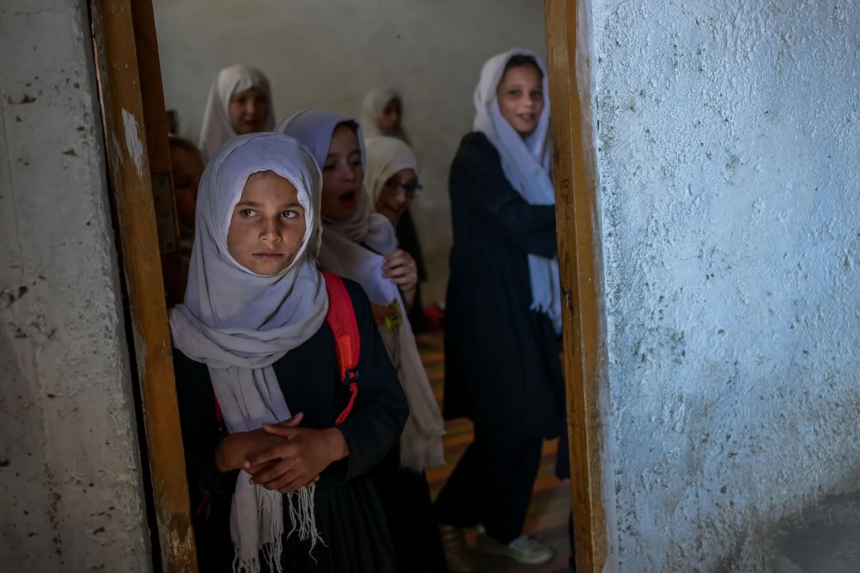RASC News Agency: According to NBC News, sources familiar with the Taliban have reported that serious internal disagreements exist within the group concerning the issue of girls’ education. Taliban officials from the Kandahar faction, who are advocating for the reopening of girls’ schools, have described the ban on girls’ education as a “mistake.” These officials argue that the restrictions on girls’ education are excessively repressive and illogical, and several senior members of the Taliban are calling for the lifting of these restrictions. One of these officials commented, “Some Taliban leaders have openly supported girls’ education, believing it could have a positive impact on leadership. Unfortunately, their proposals have been negatively received, and these individuals are now viewed as opponents of the senior Taliban leadership.”
In response to these reports, Zabihullah Mujahid, the Taliban’s spokesperson, has denied any internal rifts but implicitly acknowledged the disagreements. He stated, “At times, there are differences of opinion among individuals.” Shir Mohammad Abbas Stanekzai, the deputy foreign minister of the Taliban, who previously played a key role in negotiations with the United States in Qatar, has also strongly opposed the ban on girls’ education, labeling it as contrary to Islamic Sharia. After expressing dissatisfaction with the Taliban’s policies, Stanekzai emigrated to the United Arab Emirates and has refused to return to Afghanistan.
Meanwhile, according to UNICEF, nearly 2.2 million Afghanistani girls have been denied education at the start of the new academic year. Many families have been forced to leave Afghanistan and migrate to other countries in search of educational opportunities for their daughters. Sahar Fattari, a researcher for Human Rights Watch, believes that the Taliban has no serious intention of changing its policies regarding girls’ education, a situation that continues to impact the lives of thousands of Afghanistani families.






